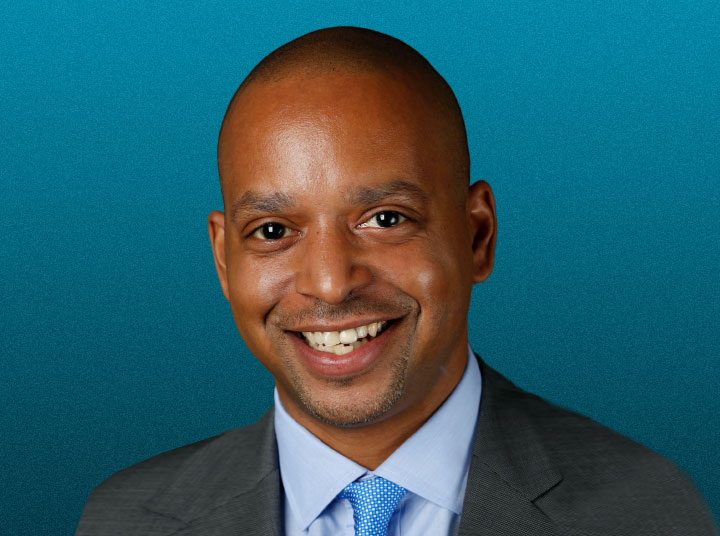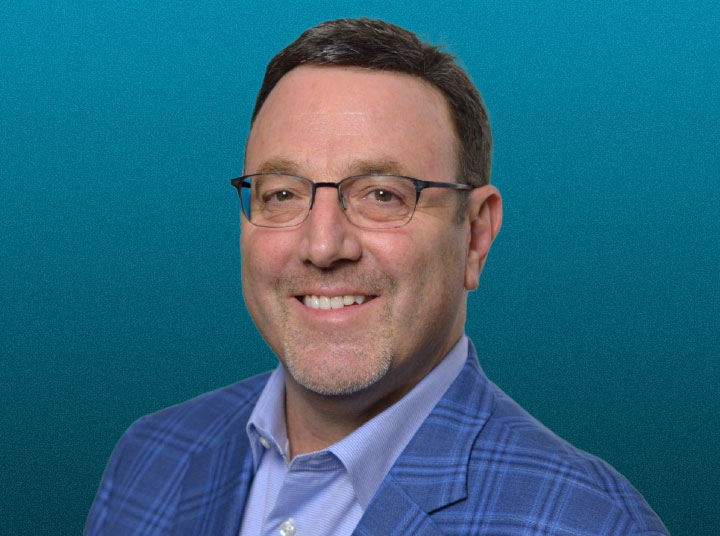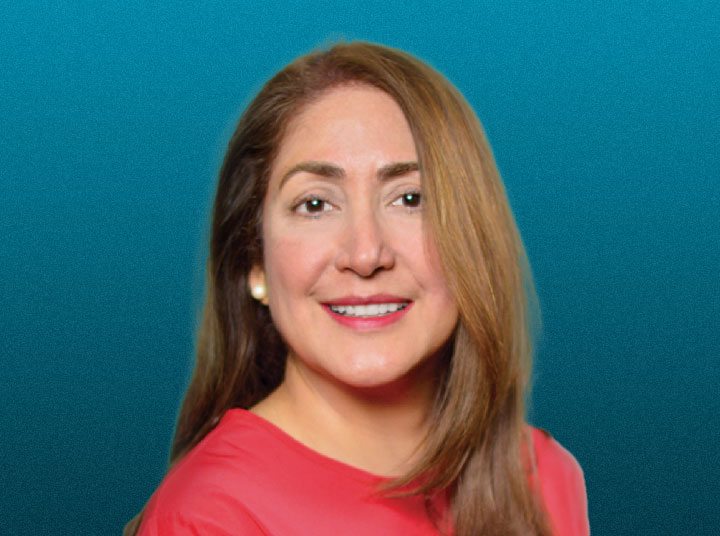Organization’s Function
To increase inclusion, equity and diversity in the field of mental health by providing historically underrepresented communities with access to evidence-based prevention and treatment and by training racially diverse providers.





